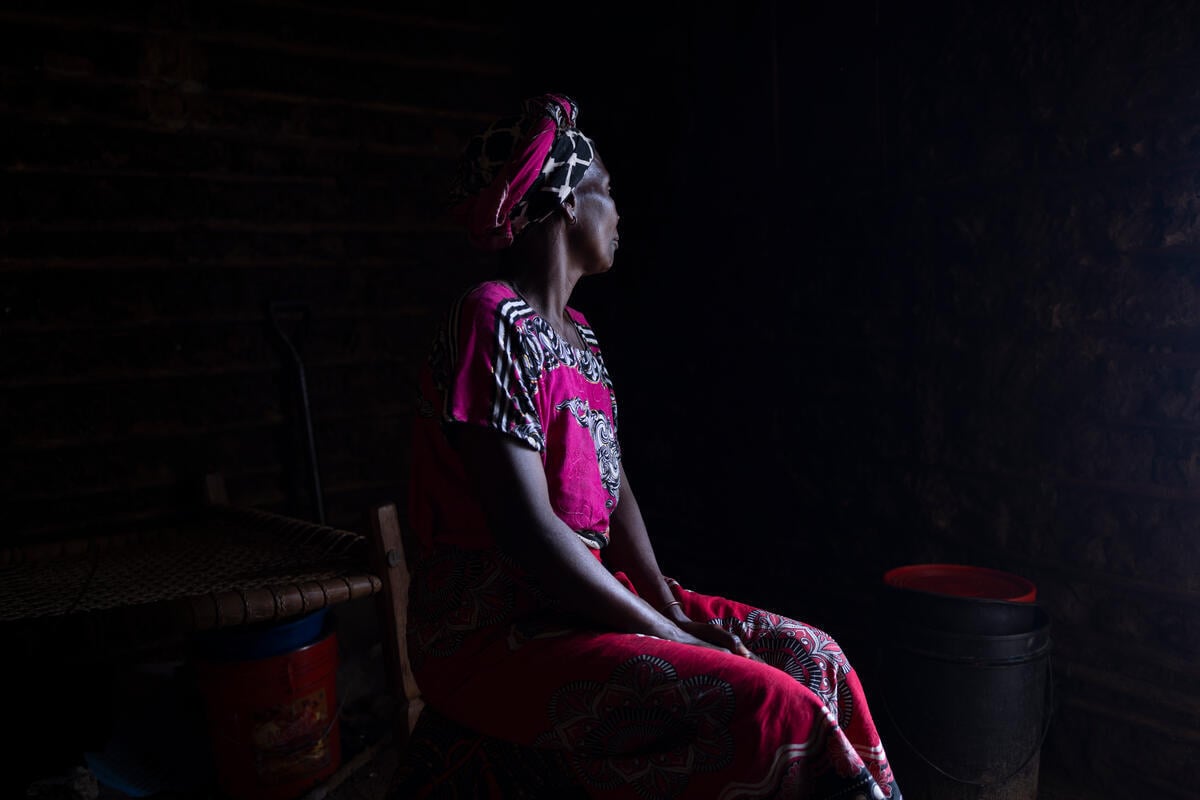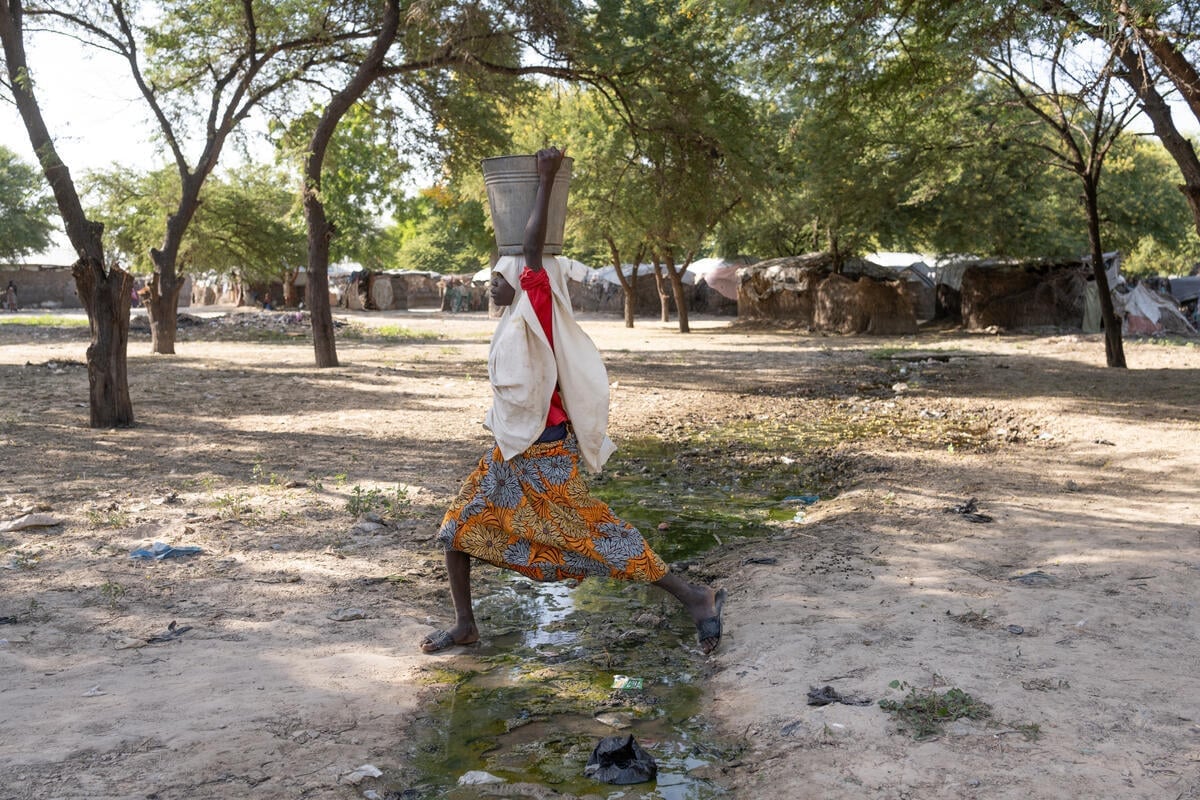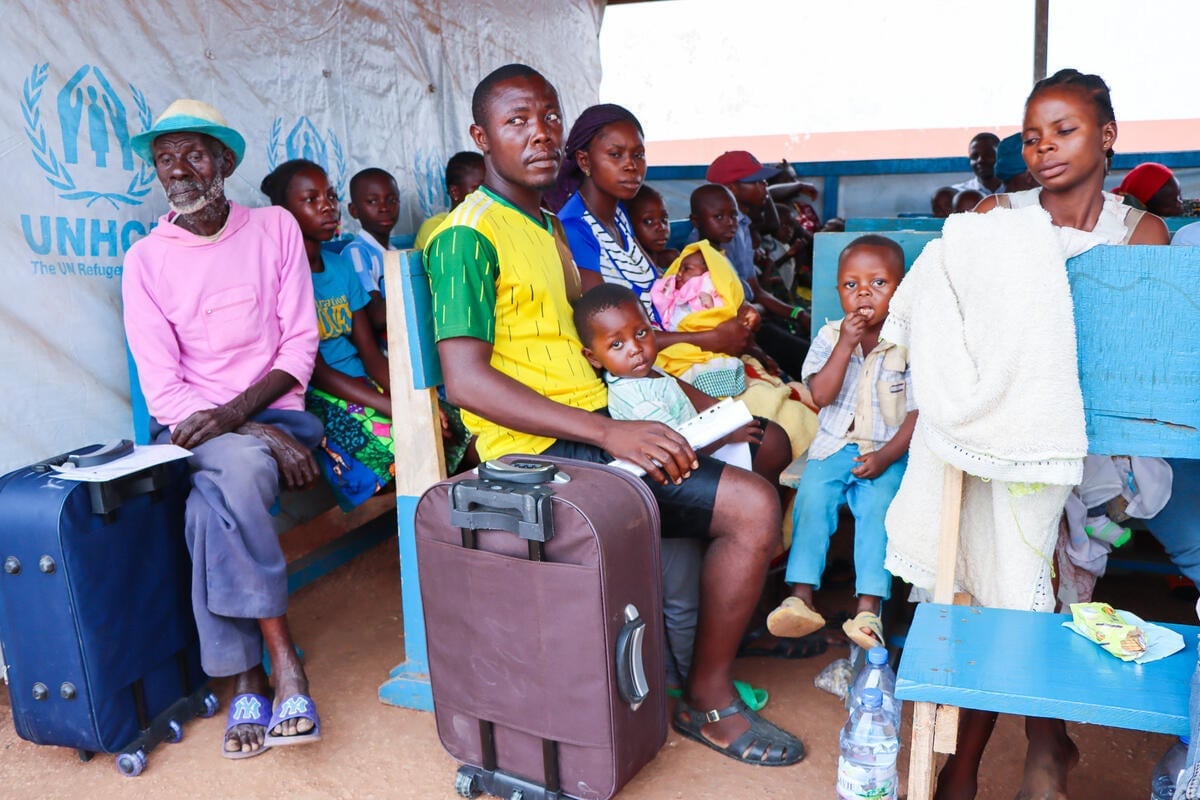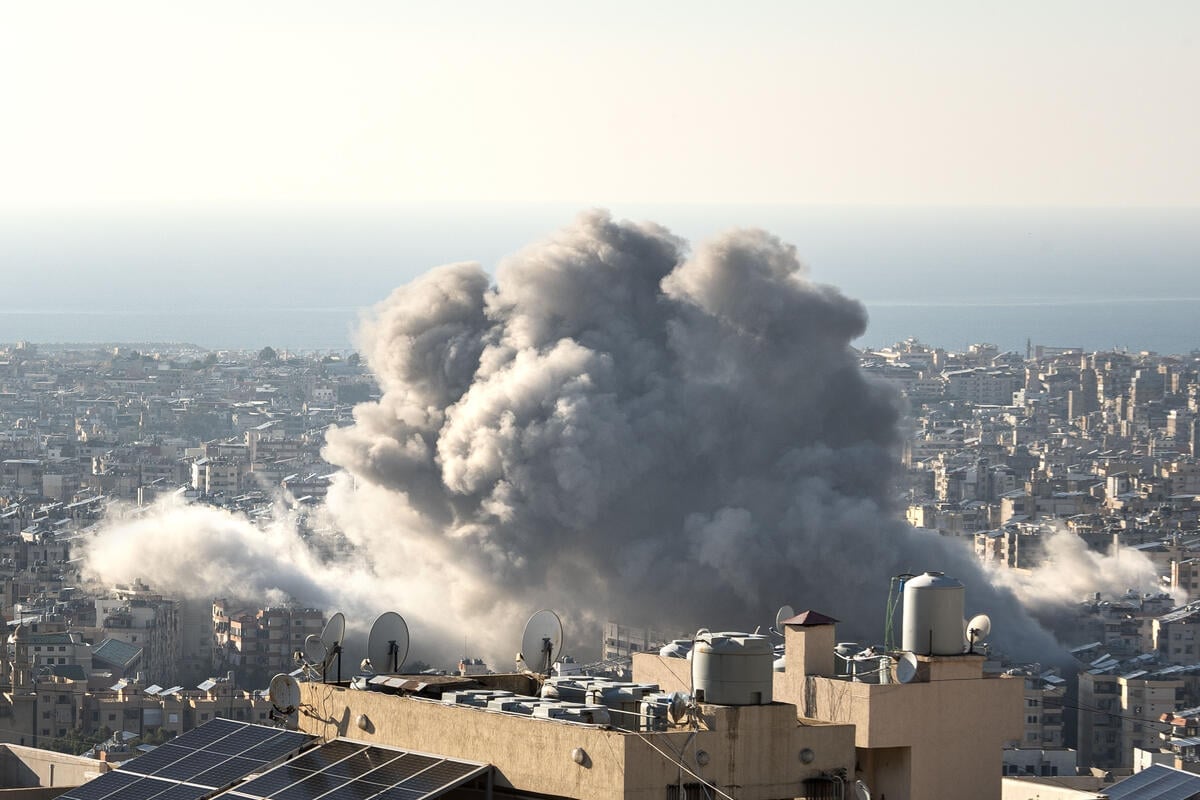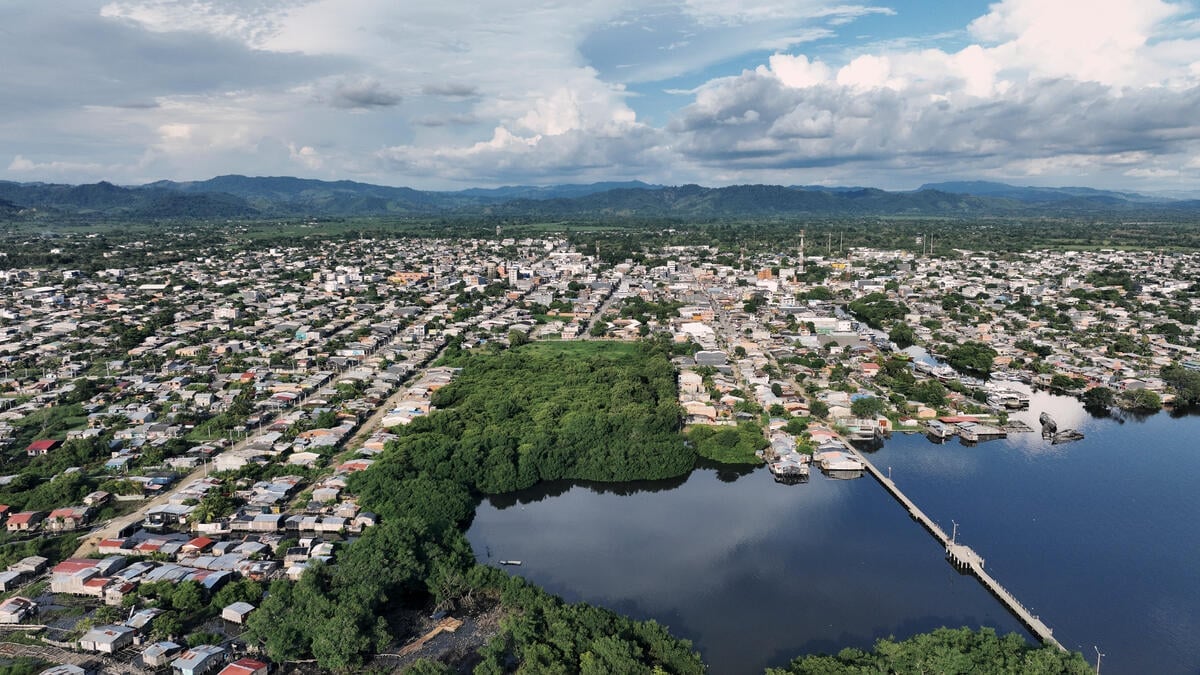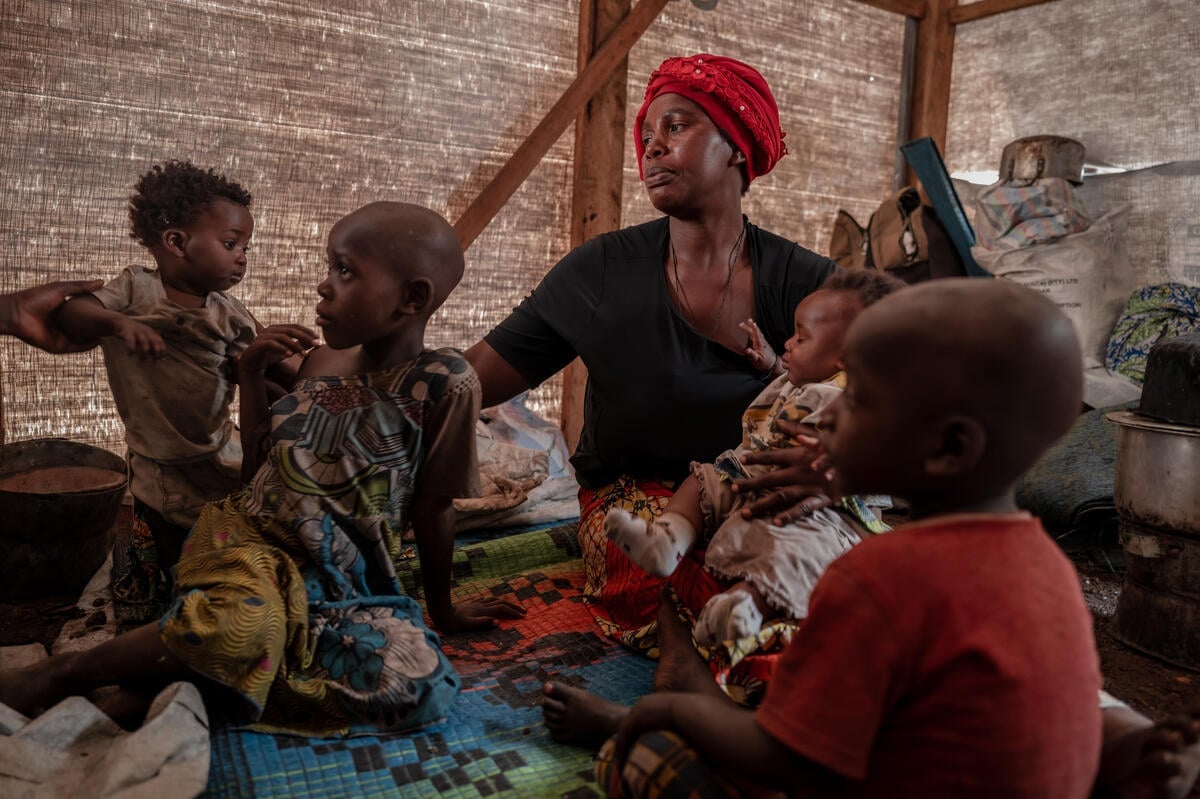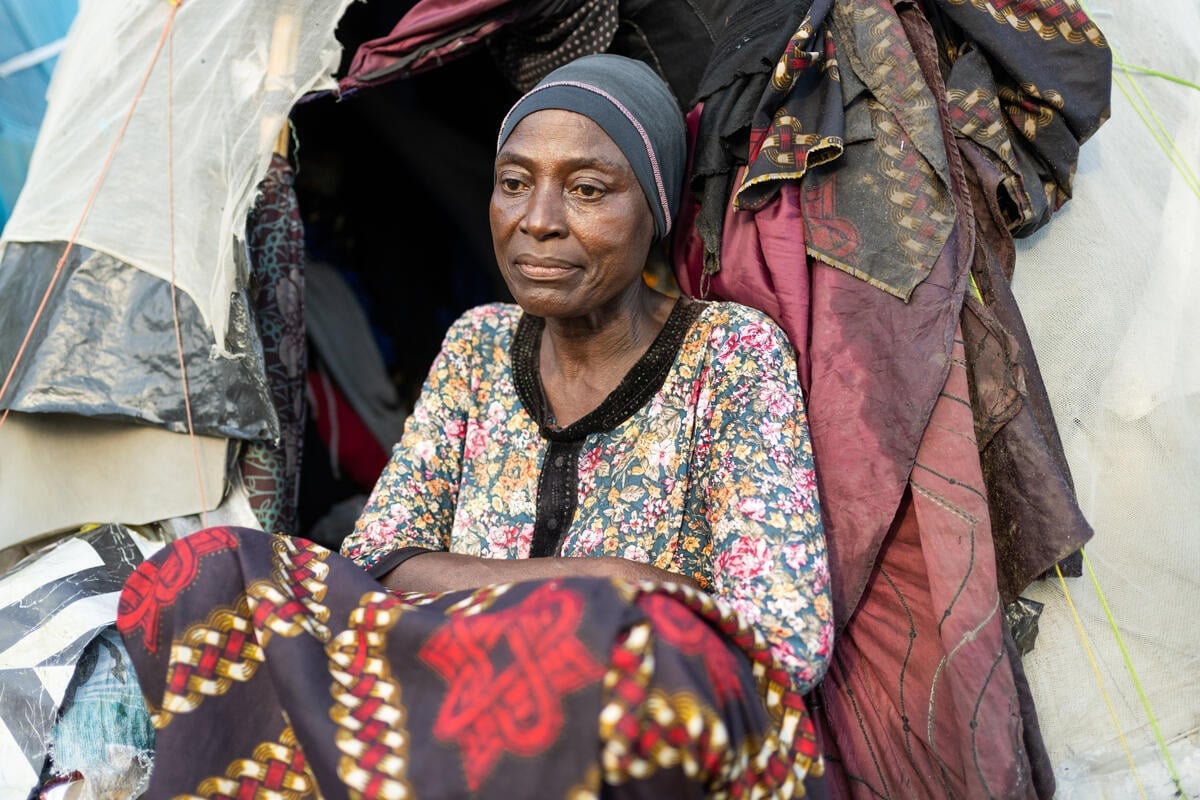Sudan: UNHCR warns forcibly displaced are facing worsening risks in Sudan and region
Sudan: UNHCR warns forcibly displaced are facing worsening risks in Sudan and region
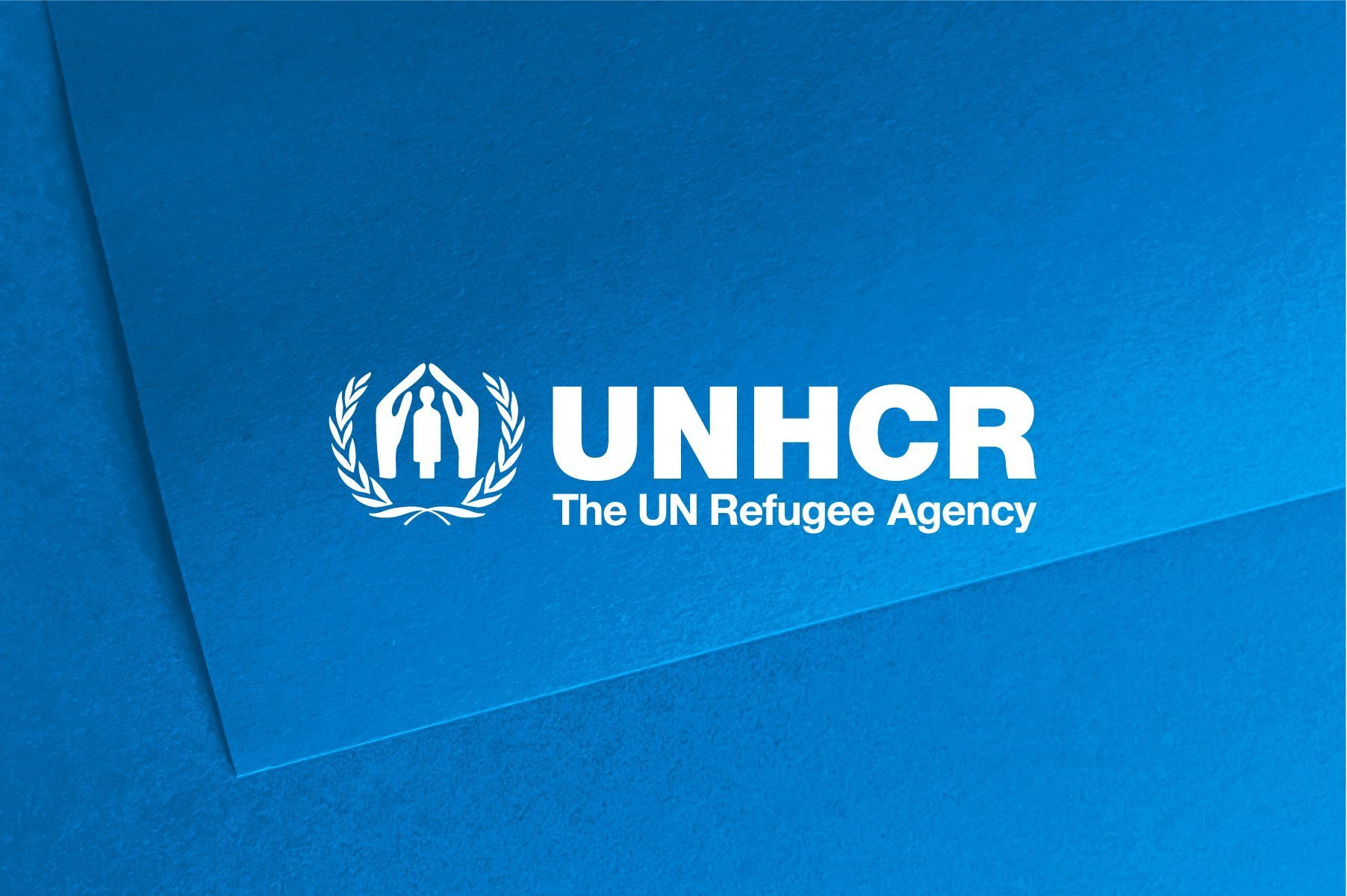
Heavy fighting and insecurity has driven tens of thousands to flee in search of safety.
Due to the prevailing security situation, UNHCR has been forced to temporarily pause most of its lifesaving activities in Khartoum, the Darfurs and North Kordofan, where it has become too dangerous to operate. The suspension of some humanitarian programmes is likely to exacerbate protection risks faced by those who rely on humanitarian assistance to survive.
All offices have managed to remain in touch with some refugee community leaders and refugee committee members, and we are providing those refugees with whom we are in contact with counselling and support to the best that we can.
Refugee camps in Gedaref, Kassala, White Nile and Blue Nile, as well as refugee settlements in South and West Kordofan are so far relatively calm with essential services running, including health and water. We have received reports that around 33,000 refugees have fled Khartoum to find safety in the refugee camps in White Nile State, 2,000 to the camps in Gedaref, and 5,000 to Kassala since the crisis started unfolding two weeks ago, once again fleeing for their lives.
We are working closely with WFP to see how food that is in-country can be provided, and with other UN agencies, such as UNICEF, and NGOs on how other basic assistance can be provided. It is extremely concerning that assistance that is so desperately needed – especially for the newly displaced – cannot be provided. Innocent civilians, including women and children, will only continue to suffer.
Access to and sharing of information with displaced communities continues to be severely hampered in certain locations. Lack of electricity, fuel shortages and poor connectivity is limiting everyone’s ability to communicate effectively.
UNHCR is particularly concerned about the situation in the Darfur region, where among a myriad of pressing protection issues the humanitarian situation remains extremely dire. A number of sites hosting internally displaced people have been burned to the ground, while civilian houses and humanitarian premises are being hit by bullets.
With Darfur one of the regions most affected by violence and high levels of criminality, even prior to the current situation, UNHCR fears that current hostilities may fuel pre-existing ethnic and intercommunal tensions over land and access to resources, and trigger greater displacement. This would have disastrous implications for a region already facing large displacement.
UNHCR remains committed to protecting refugees, displaced populations and host communities in Sudan. We continue to do all that we can working with communities and will scale up when it is possible.
UNHCR calls on parties to the conflict to cease hostilities immediately to allow humanitarian assistance to reach those who need it most, and to allow people trying to flee the fighting to do so safely. All parties must protect civilians, including refugees and displaced people, as well as the safety of humanitarian staff and civilian infrastructure. We echo the call for all parties to embark on meaningful peace efforts.
The situation also remains deeply concerning on Sudan’s borders, where UNHCR is working with partners and Governments to deploy where it is possible and safe to do so. Given the speed at which events are moving, as well as the constantly changing situation on the ground, precise numbers of new refugee arrivals are still hard to come by though expected to rise.
In Chad, together with the Government we have so far verified 7,500 refugees out of at least 20,000 who have crossed the border in the last week or so. Some 14,000 people have fled to South Sudan, mainly South Sudanese returning. UNHCR is sending additional resources to the border and working with partners to assist them.
In Egypt, the Government has reported 16,000 crossings, of which 14,000 are Sudanese. UNHCR is working with the UN, the Government and partners like Sudanese community leaders and the Egyptian Red Crescent (ERC) to support people fleeing and in need of international protection. A coordinated plan will respond to the needs of those crossing. Lifesaving UN relief is being pre-positioned through the ERC. UNHCR is ready to deploy at the border as soon as the final authorization from the Egyptian authorities is received. Some of the Sudanese families who crossed have approached UNHCR in Cairo for registration.
In the Central African Republic and Ethiopia we have noted lower numbers of arrivals but do not yet have exact figures.
For more information, please contact:
- In Nairobi (regional), Faith Kasina, [email protected], +254 113 427 094
- In Geneva, Matthew Saltmarsh, [email protected], +41 79 967 9936
- In Geneva, Olga Sarrado, [email protected], +41 797 402 307
- In New York, Kathryn Mahoney, [email protected], +1 347 574 6552


